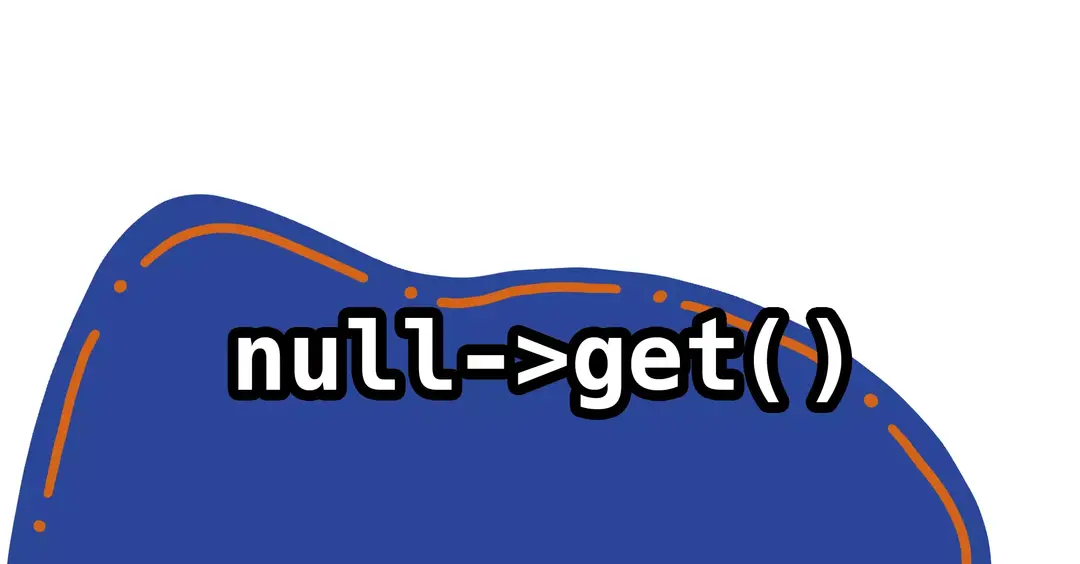Magento Backend Development
Discover the essentials of Magento backend development, including what is involved with creating custom modules, how to customize core backend code, and how data is managed.
What is Magento Backend Development?
Magento backend development involves creating and modifying the server-side components of a Magento eCommerce site. This includes developing custom functionalities, managing data handling, and ensuring that the site operates properly.
The backend is where all the magic happens; it's responsible for executing core business logic, interacting with the database, and processing user requests. As a backend developer, you'll work with PHP code, database queries, API integrations, and more.
Creating and Managing Modules
Modules are at the heart of Magento's backend development. They encapsulate specific functionalities and can be turned on or off without affecting the rest of the system.
To create a module, you need to:
- Set Up Your Module: This involves creating the necessary directories and files, including
registration.phpand the module's declaration file,module.xml. - Create Configurations: Use XML files to set up configurations, such as routes, events, and layout instructions.
- Build Functionalities: Write PHP classes and methods that will define the module's behavior.
Managing modules involves keeping them updated, ensuring compatibility with Magento core updates, and disabling or removing them when they're no longer needed.
Customizing Functionalities
Magento's extensibility allows you to modify almost any aspect of its functionality. This includes overriding core functionality using plugins (also known as interceptors), class preferences, or event observers.
You can also add new capabilities to Magento, and develop new features within existing modules or by creating new ones.
When customizing functionalities, it's important to follow Magento's coding standards and best practices to maintain a level of quality and interoperability with your code.
Data Operations
Handling data is a critical aspect of backend development. Magento has several layers that handle data operations:
- Models: Represent entities and handle business logic.
- Resource Models: Connect your models to the database and handle data retrieval and saving.
- Repositories: Provide a clean API for data operations to abstract away the underlying storage mechanism.
It's also crucial to understand Magento's database structure and how the Entity-Attribute-Value (EAV) model works, which Magento uses for flexibility in managing product attributes.
How Do I Become a Magento Developer?
Becoming a Magento developer is an ambitious goal that can lead to a rewarding career in eCommerce development. Let's explore the steps you can take to become proficient in Magento development.
To become a Magento developer, you'll need to build a solid foundation of skills and knowledge:
-
Learn PHP: Since Magento is built on PHP, it's crucial to have a strong understanding of this programming language. Familiarize yourself with object-oriented programming (OOP), design patterns, the features of PHP 8.
-
Understand Magento's Architecture: Study Magento's modular architecture, MVC pattern, and its utilization of design patterns like dependency inversion, event observers and plugins. You'll also want to grasp the concepts of themes, modules, EAV, and the Magento database structure.
-
Gain Practical Experience: Start by setting up a Magento environment and playing around with its features. Practice by building custom themes and modules, and explore Magento's core code to understand how it all fits together.
-
Stay Updated: Magento is continuously evolving, so it's important to keep up with the latest versions and best practices by following official Magento developer documentation, community forums, and blogs.
-
Get Certified: Magento offers certifications for developers that can validate your skills and knowledge. Preparing for and obtaining one of the Adobe Commerce certifications can significantly boost your credibility in the field.
-
Contribute to the Community: Participating in the Magento community is a great way to learn from developers who may be more experienced. Engage in forums, contribute to open-source projects, and attend Meet Magento events.
-
Work on Real Projects: Experience is an excellent teacher. Work on actual Magento projects, whether on your own, as a freelancer, or for an employer. This hands-on experience will be invaluable as you grow as a Magento developer.
Becoming a Magento developer requires time, dedication, and a willingness to continually learn and adapt. With the right approach and resources, anyone with an interest in web development and eCommerce can become skilled at using this dynamic and robust platform.
Recap
Magento backend development is challenging, but rewarding. It requires a deep understanding of Magento's core mechanics and a commitment to writing clean, maintainable code.
Continue exploring deeper into backend Magento development by diving into the various design patterns, database layer, and more.





